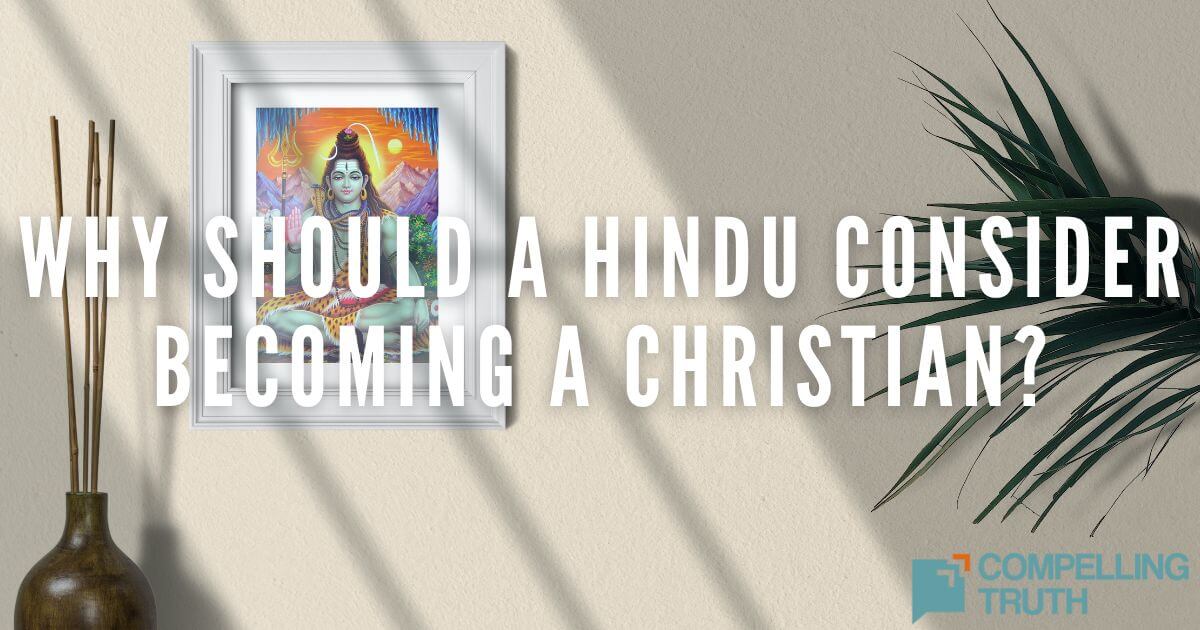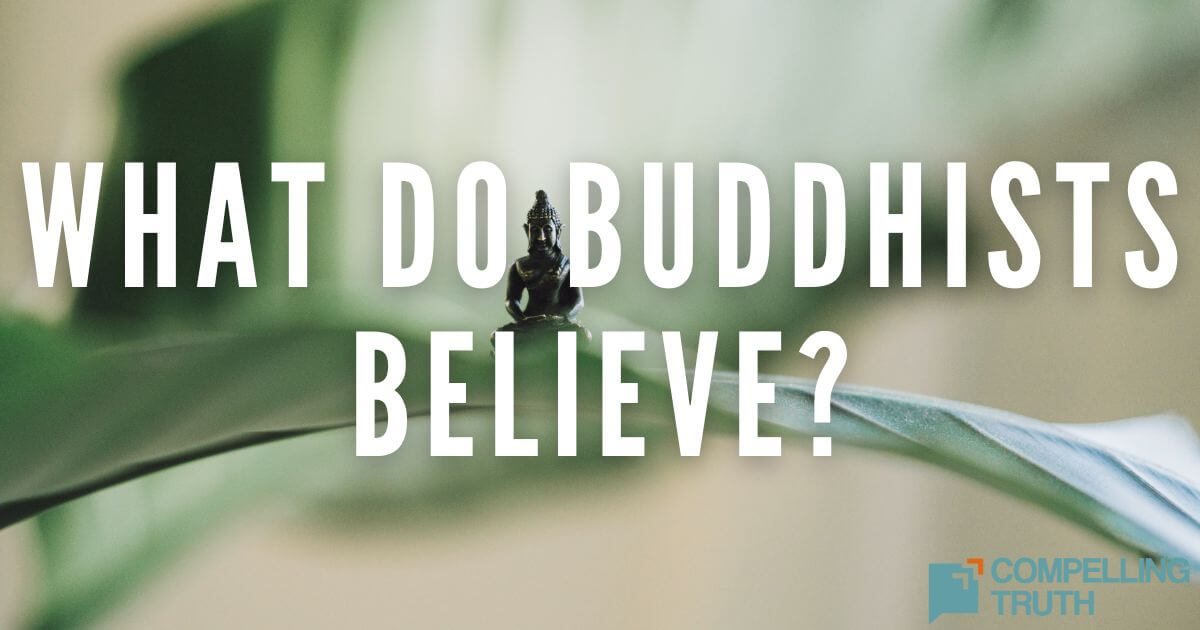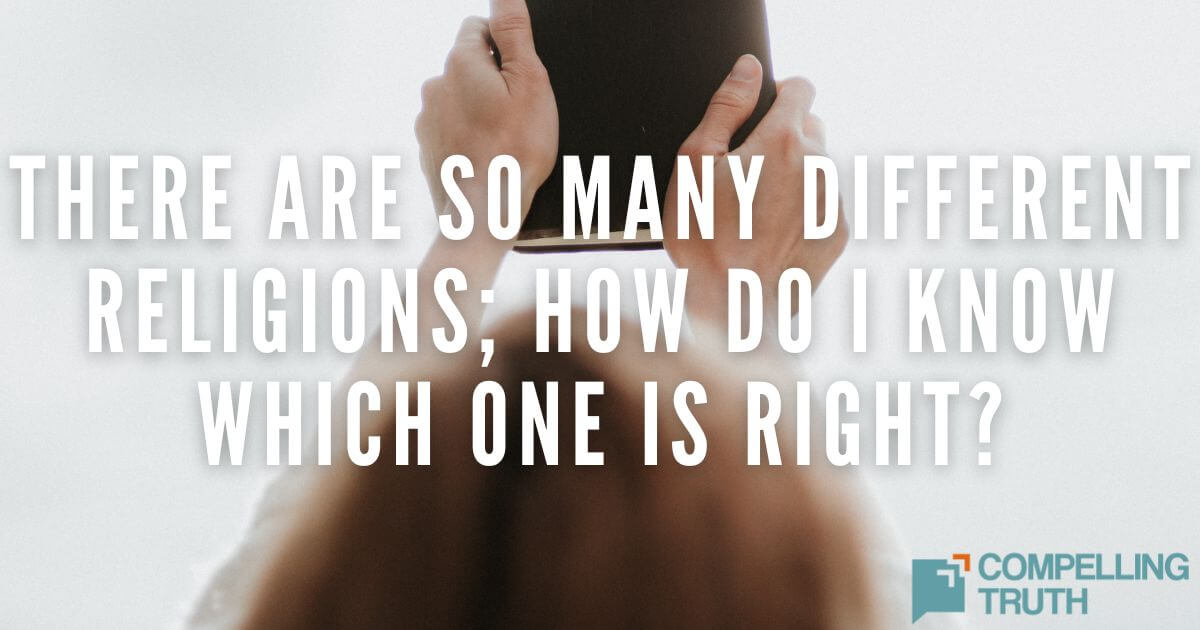what does the bible say?
The Bible presents a worldview that starkly contrasts with Hinduism’s beliefs. Scripture reveals one personal and knowable God, distinct from His creation (Genesis 1:1; Isaiah 45:5-6). Humanity is uniquely created in God’s image, not as an illusion or a manifestation of a universal spirit (Genesis 1:27). Sin is rebellion against a holy God, and salvation comes through faith in Jesus Christ, not through cycles of reincarnation or self-realization (Ephesians 2:8-9). Unlike Hinduism’s teachings of maya (illusion) and samsara (the cycle of reincarnation), the Bible affirms the reality of creation, the value of history, and the eternal destinies of heaven or hell based on faith in Christ (Hebrews 9:27; John 3:16-18). Jesus is not merely a man who realized His divine nature but the incarnate Son of God who lived, died, and rose again to redeem humanity (Colossians 1:15-20).




